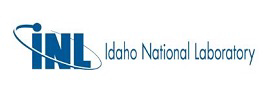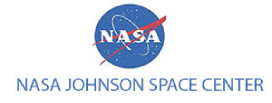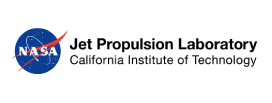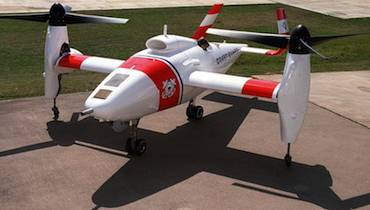Projects & Publications
Our Projects

Aerospace
- Mars 2020 Mission Safety and Risk Assessment
- Integrated Model-Based Fault-Management System Design
- Development of Framework for the Validation and Verification of Model Based and Adaptive Control Systems
- Commercial Crew Program Risk Assessment.
- Update of NASA Probabilistic Risk Assessment Procedure Guide
- Mars Science Laboratory Mission Safety and Risk Assessment
- Pluto New Horizons Mission Safety & Risk Assessment
- Development of NASA Probabilistic Risk Assessment Procedure Guide and Training Courses
- Mars Exploration Missions Safety & Risk Assessment
- New Horizons Pluto & Kuiper Belt Mission Safety & Risk Assessment
- Automated FMECA& Diagnostic/ Prognostic Optimization Analysis
- Aircraft probabilistic Risk Assessment Methodology (APRAM)
- Application of Dynamic Flow Graph Techniques for Safety Analysis & Testing of Space Systems Software
- Development & Tools for Software Safety Analysis in Space Systems Applications
Nuclear Systems
- Development of Tools for Safety Analysis of Control Software in Advanced Reactors
- Advanced methods for modeling team effects on control-room operator performance in real time
- Evaluation of Work Processes at Nuclear Power Plants
- Accident Management Advisor System (AMAS)

Our Publications
Context-based Software Risk Modeling: A Recommended Approach for Assessment of Software Related Risk in NASA Missions
Software is a key component of modern space systems, which controls and monitors the functions of a range of electronic and mechanical devices. In essence, software provides the “brains” for the execution of all launch vehicle and space vehicle functions. While complex functionality may be welcome on one hand, software complexity may introduce more opportunity […]
Probabilistic Risk Assessment Procedures Guide for NASA Managers and Practitioners Contribution
Probabilistic Risk Assessment (PRA) is a comprehensive, structured, and logical analysis method aimed at identifying and assessing risks in complex technological systems for the purpose of cost-effectively improving their safety and performance. NASA’s objective is to better understand and effectively manage risk, and thus more effectively ensure mission and programmatic success, and to achieve and […]
NASA Risk Management Handbook Contribution
The purpose of this handbook is to provide guidance for implementing the Risk Management (RM) requirements of NASA Procedural Requirements (NPR) document NPR 8000.4A, Agency Risk Management Procedural Requirements [1], with a specific focus on programs and projects, and applying to each level of the NASA organizational hierarchy as requirements flow down. This handbook supports […]
Extension of CAFTA with Dymonda Module to Analyze Dynamic Accident Scenarios
This paper discusses ASCA’s experience in applying the Dynamic Flowgraph Methodology (DFM) to a space propulsion system problem specified by the Idaho National Laboratory (INL). This problem serves as a benchmark for comparing and evaluating the capabilities of advanced Probabilistic Risk Assessment (PRA) tools that are suitable for the risk analysis of future space systems. […]
A Benchmark Implementation of Two Dynamic Methodologies for the Reliability Modeling of Digital Instrumentation and Control Systems
Two dynamic methodologies, dynamic flowgraph methodology (DFM) and the Markov/Cell-tocell mapping technique (CCMT), are implemented on the benchmark Digital Feedwater Control System (DFWCS) specified in NUREG-6942, “Dynamic Reliability Modeling of Digital Instrumentation and Control Systems for Nuclear Reactor Probabilistic Risk Assessments,” to demonstrate how an existing nuclear power plant probabilistic risk assessment (PRA) can incorporate a […]
A Benchmark System for Comparing Reliability Modeling Approaches for Digital Instrumentation and Control Systems
There is an accelerating trend to upgrade and replace nuclear power plant analog instrumentation and control systems with digital systems. While various methodologies are available for the reliability modeling of these systems for plant probabilistic risk assessments, there is no benchmark system that can be used as the basis for methodology comparison. A system representative […]














Our Newsletters
This is the heading
This is the heading
This is the heading
Contact Us
We are eager to discuss your needs, and answer any questions you may have.
Enter your details and we’ll get back to you shortly.
Note: Your details are kept strictly confidential as per our Company Privacy Policy.





